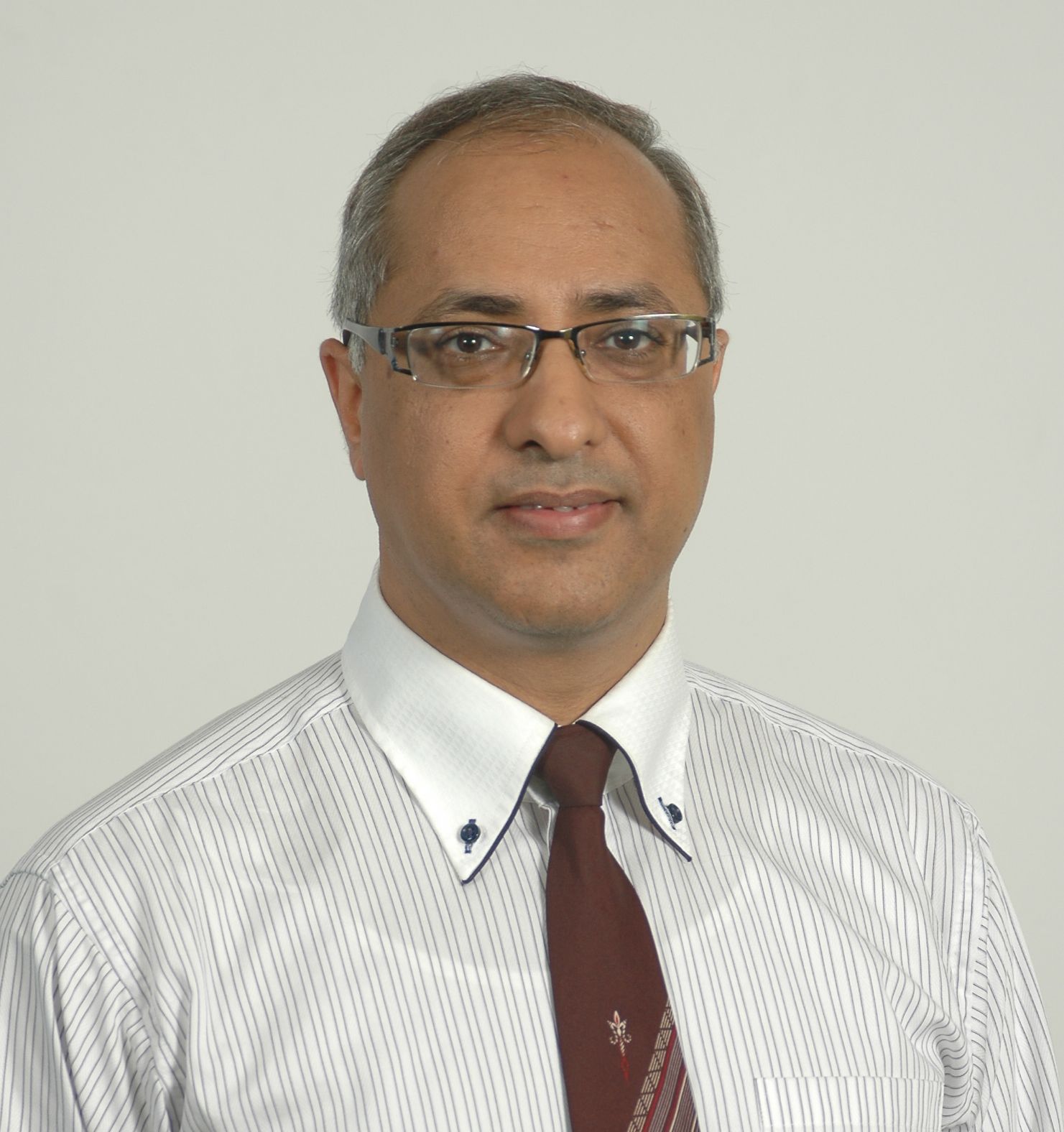Dr. Shobhakar Dhakal of the Asian Institute of Technology (AIT) has
been named a lead member of an international effort by top climate
scientists to help cities around the world address the causes and
consequences of climate change.
Dr. Shobhakar will be overseeing expert teams that will produce
assessments on a range of issues, from urban health to food to water
and energy systems, transportation, economics and private finance, and
governance. The work is part of a larger effort by the Urban Climate
Change Research Network (UCCRN) to synthesize scientific knowledge and
produce a resource for guiding cities in their response to climate
change. The Second UCCRN Assessment Report on Climate Change and Cities
(ARC3-2) will be published in 2015. City mayors praised the first
report, published in 2011, as a practical, action-oriented
resource.
Co-editors of the report include, besides Dr. Shobhakar Dhakal, Dr.
Cynthia Rosenzweig of Columbia University/NASA Goddard Institute for
Space Studies, Dr. William Solecki of Hunter College of the City
University of New York, Dr. Shagun Mehrotra of Milano at the New
School, and Dr.Paty Romero-Lankao, of Urban Futures at the National
Center for Atmospheric Research. Dr. Cynthia Rosenzweig of NASA Goddard
Institute for Space Studies and Columbia University’s Earth Institute
in New York City is a founder of the Urban Climate Change Research
Network (UCCRN).
Dr. Shobhakar also facilitated the three-day ARC3-2 Initiating
Workshop convened in New York City held from 17-19 September 2013. In
attendance were 110 urban climate change experts, stakeholders, and
practitioners from Asia, Australia, Europe, Africa and the
Americas.
UCCRN ARC3-2 will provide scientific knowledge that could be useful to
signatories of the Durban Adaptation Charter, founded at the time of
the climate change treaty conference in 2011. The Durban Adaptation
Charter is now the basis for a comprehensive response plan underway in
Dumangas Municipality, Philippines, which was presented at the ARC3-2
Initiating Workshop.
Says Dr. Dhakal, “Cities are crucial front-runners for global climate
change mitigation as well as for addressing climate change impacts
since more than half of the world’s population now lives in urban
areas. Cities are disproportionately vulnerable to weather extremes
like flooding from storm surges and heat waves and can provide
opportunities for adaptation to and mitigation of climate change.”
Cities are important economic engines, promoting economic development
and providing jobs that support their own residents as well as large
numbers of families outside city boundaries. They are also a source of
some of the most innovative efforts to reduce greenhouse gases, he
adds. In addition, says Dr. Rosenzweig from NASA, “Cities already lead
the action on responding to climate change. Our job is to help by
providing the strongest possible physical and social science
information and state-of-the-art knowledge so cities can prepare for
rising temperatures and changing patterns of extreme weather events,
and soften their impacts when they hit.”
“Sometimes,” said Patrick Driscoll of University of Aalborg,
Copenhagen, “we assume that we can only learn from cities like us. For
instance, in Copenhagen we know we can learn from Amsterdam. But Delhi
might also have lessons for us.”
Even at this early stage, the ARC3-2 group is committed to including
the advice and the voices of people generally not consulted on issues
of urban planning until late in the process.
More details about UCCRN are available at this link: www.uccrn.org.

